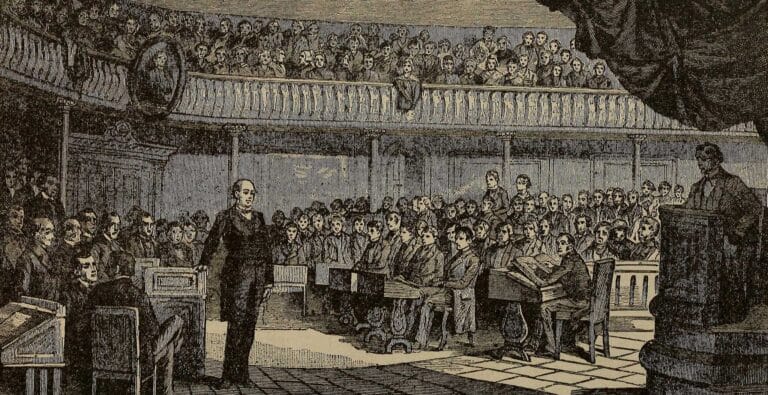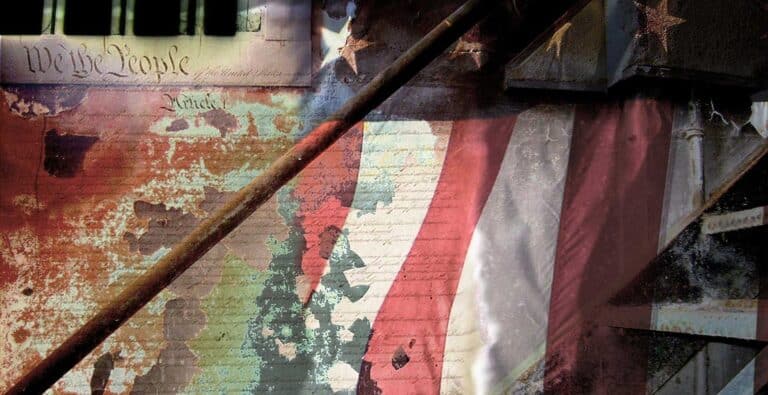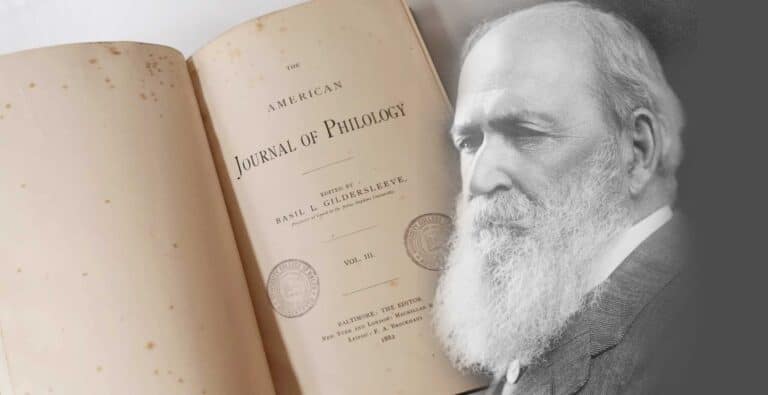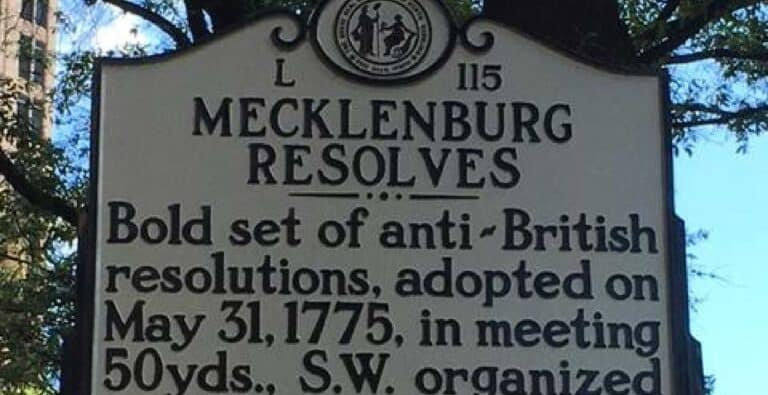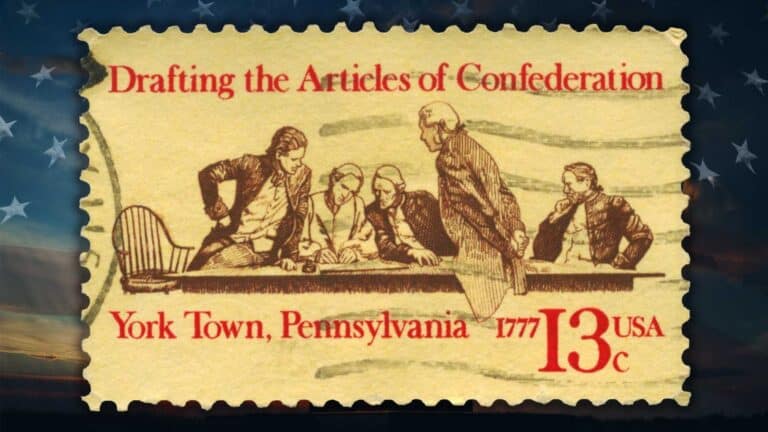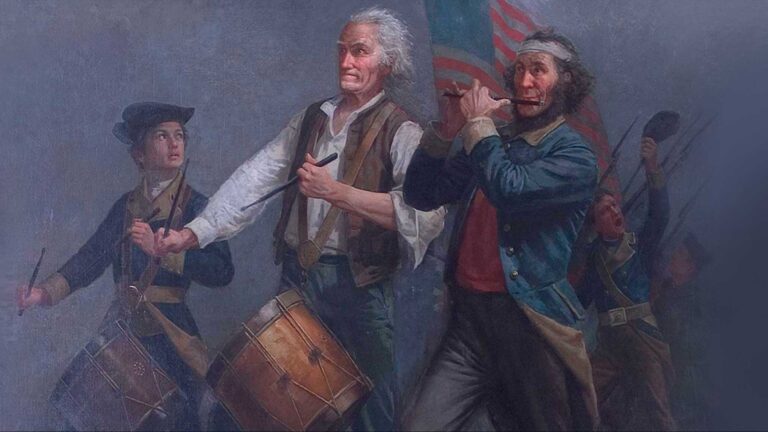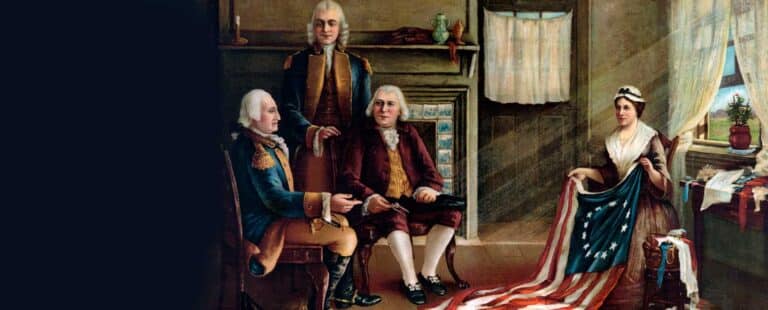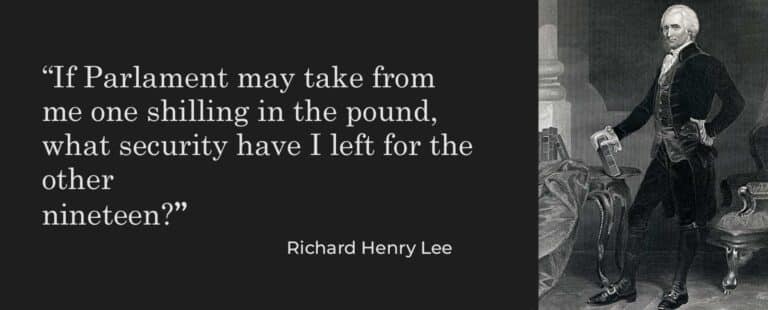A Tale of Two Doctrines, Part II
In the last issue of “Front and Center,” we introduced the two understandings of political order that comprise the general structure of American political history. The earlier political order, which may be called “Jeffersonian,” lasted from 1776 to 1861. The later political order, which may be called “Lincolnian,” was firmly in place in 1865 and…

